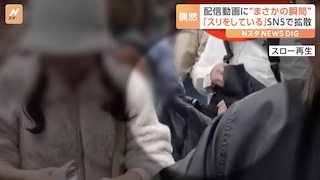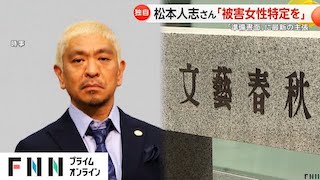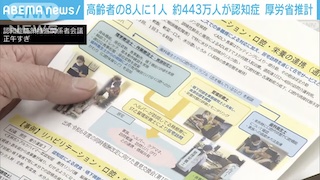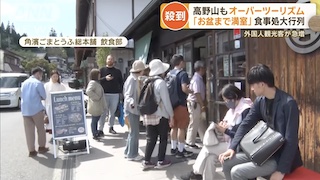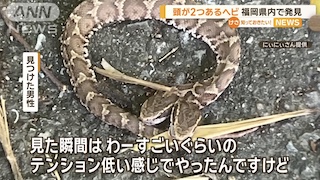Jun 06 (Japan Today) - In a move to better compete with a rival train operator's famous "seven-minute miracle" for cleaning a bullet train between its arrival and departure, Central Japan Railway Co will shave off two minutes from its own shinkansen cleaning work, beginning next spring.
JR Central plans to complete cleaning of its 16-car Nozomi bullet trains at Tokyo Station in around 10 minutes. That is still longer than East Japan Railway Co's seven minutes.
According to officials at the Nagoya-based train operator, 52 cleaning staff belonging to a subsidiary, Shinkansen Maintenance Tokai Co, take care of the 16-car trains, tidying their seats, mopping the floor and cleaning the toilets after passengers get off and before the next passengers get on.
As the shinkansen time schedules are tightly managed, cleaning work must be efficient and fast. A video entitled "7-Minute Miracle," showing the work of the cleaning crew for JR East's bullet trains, has gone viral around the world with some six million views, and the lightning-fast cleanup has attracted global media attention.


